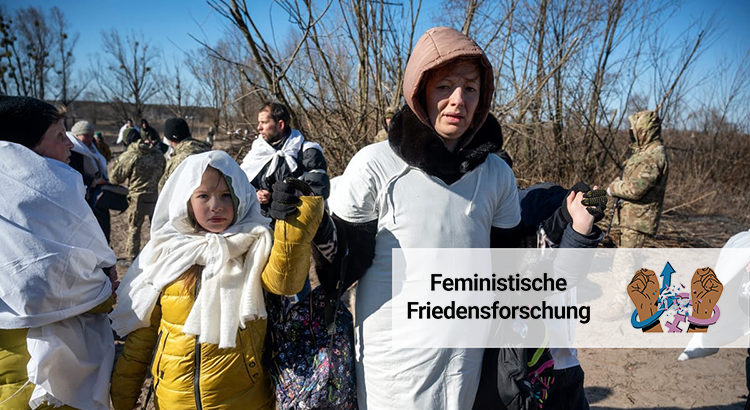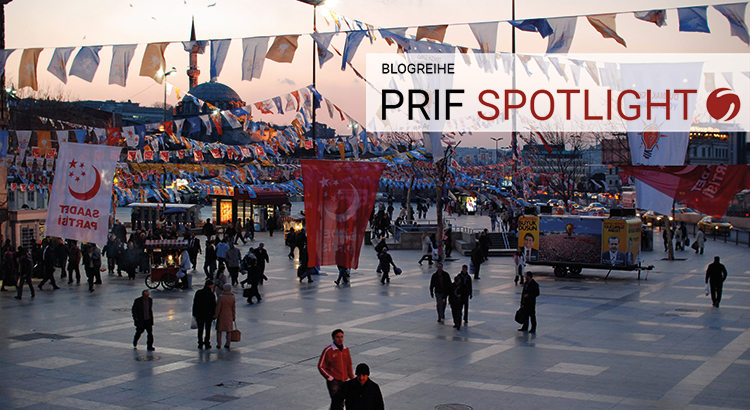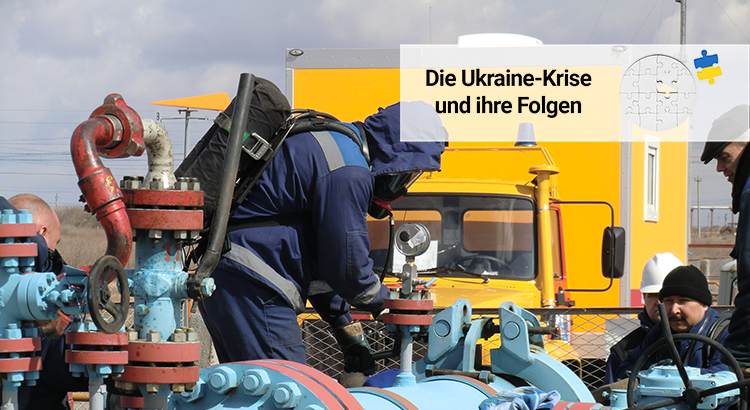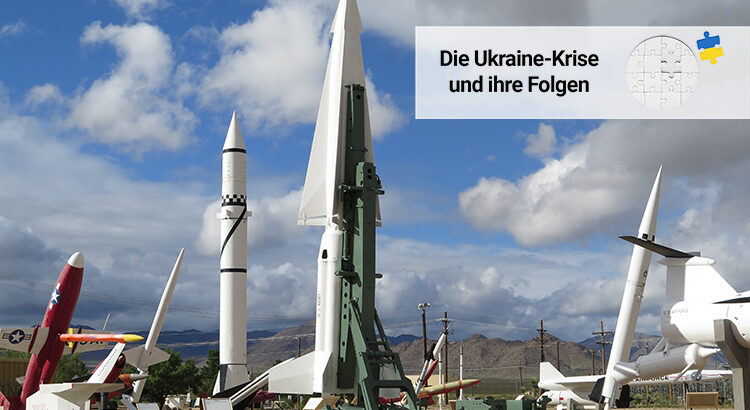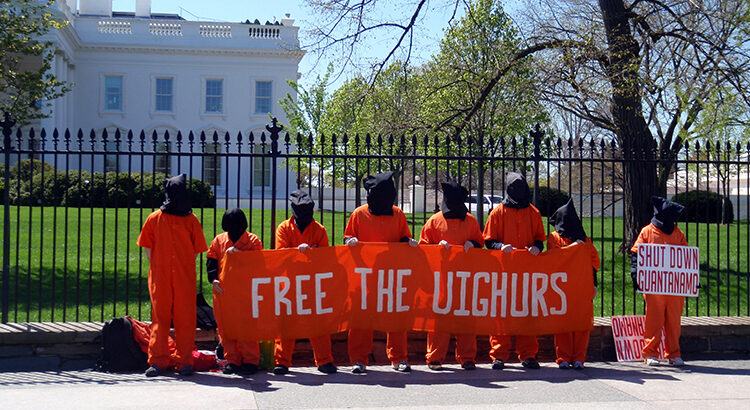Ukraine has become one of the first countries to launch a National Action Plan (NAP) of the Women, Peace and Security Agenda (WPS) during a localized armed conflict and to update it during the full-scale invasion of the country. This blog unveils some of the ways that gender and war are intertwined in Ukraine while discussing the role of the WPS agenda.
Kategorie: English
The 2023 Elections in Turkey. Can the Opposition Challenge Erdoğan and the AKP?
Turkey’s presidential and parliamentary elections on June 18, 2023, will be a notable juncture point. These elections will determine the country’s future and direction, and are therefore not only significant for domestic politics, but also at the international level as regards Turkey’s capacity to serve as a global actor. During these elections, the opposition will take on the Justice and Development Party (AKP) and its leader Recep Tayyip Erdoğan to gain political power after two decades of AKP rule. They will only have a chance of success if they propose a strong candidate to challenge Erdoğan.
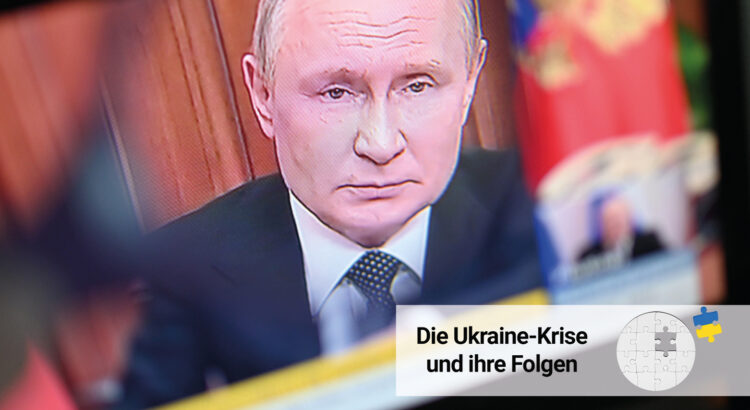
Putin’s Mobilisation, Annexation and Nuclear Threats: Last-Ditch Effort or More of the Same?
Just as leaders from across the world gathered in New York to address challenges to global peace and stability, the Russian president Putin declared mobilisation in Russia for the third time in its history. This step, which had formerly was ruled out by Russian officials, indicates that the Kremlin does not have any viable options but to escalate. Even though Putin still prefers to call the war a “special military operation”, he has virtually introduced martial laws across the entire spectrum of Russian economy and society, doubling down on the only gamble that he thinks can still pay off.
Russia Cuts Off Nord Stream 1: How Will This Affect Germany’s Foreign Policy?
In early September, Russia announced an indefinite stoppage of gas deliveries to Germany via the Nord Stream 1 pipeline system, causing economic turmoil. Research findings on patterns in German and Russian policy and ongoing trends shed light on these events and their probable future impact. Despite denials from Moscow, this is a Russian attempt to influence German policy on sanctions and Ukraine. This attempt is unlikely to succeed for now. However, future developments – notably major shifts on the Ukrainian battlefield, changes in German public sentiments, and specific dynamics within the Kremlin – could cause German policy to become more susceptible to Russia’s demands.
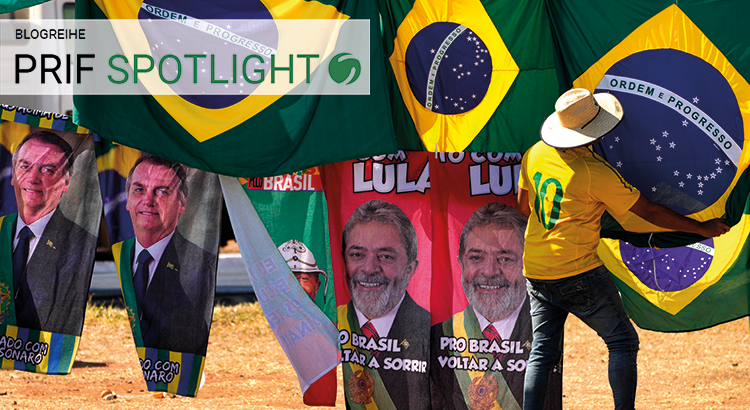
Democracy on the Razor’s Edge: The 2022 Presidential Elections in Brazil
Brazil’s presidential elections are scheduled to take place on October 2, 2022. The confrontation between the extreme-right incumbent president Bolsonaro and the center-left former president Lula Da Silva provides a rare setting. The election places Brazil at a crossroads and will set the stage for either a comprehensive commitment to democracy under Lula or a continuation along the path to authoritarianism under Bolsonaro. Recent polls suggest that the most likely scenario is a win for Lula. Nevertheless, Brazil’s democratic institutions are continuously under attack. Currently, the possibility of the elections being preemptively cancelled or the final results being contested cannot be fully dismissed.
The Reconstitution of Liberal Hegemony in Comparative Regime Research: V-Dem’s Discursive Turn from the Contestation to the Decontestation of Democracy
Within just a few years, the Varieties of Democracy (V-Dem) project has experienced a remarkable rise to both academic and political prominence. As I show in a paper that was just published open access with Contemporary Politics, this rise has been accompanied by a notable discursive shift: Having started as a project aimed at taking seriously the essential conceptual contestability of democracy, in recent years V-Dem has adopted an increasingly narrow and taken-for-granted focus on liberal democracy. This turn from the contestation to the decontestation of democracy, which responds to the perception of serious threats to democracy in general and liberal norms in particular, is not only remarkable in and of itself. In the face of the current crisis of democracy, it is also deeply problematic as it contributes to downplaying the inherent limitations of liberal democracy. The following contribution presents and summarizes the main arguments from the paper.
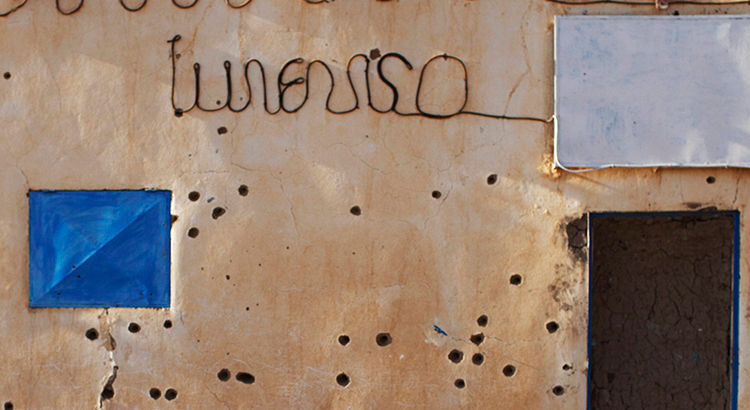
Policy Coherence for Peace in Germany’s Engagement in Mali and Niger? Five Recommendations for Action for the German Government
The German government’s Guidelines “Preventing Crises, Managing Conflicts, Promoting Peace”, adopted in 2017, are intended to serve as a strategic compass for Germany’s engagement in crisis and conflict contexts, such as the Sahel. There, Germany is supporting stabilization and peacebuilding measures through several ministries and in conjunction with international partners. In light of the widespread failure of previous international efforts to promote peace in the region, a critical review and reorientation of this engagement is required. Our study, commissioned by the Advisory Board to the Federal Government for Civilian Crisis Prevention and Peacebuilding, uses the examples of Mali and Niger to show that Germany’s engagement in both countries has so far failed to adequately implement the principles formulated in the Guidelines.
A Stress Test of Nuclear Deterrence
This month, the Tenth Review Conference of the Non-Proliferation Treaty (NPT) is taking place in New York City. The meeting of states parties, postponed four times because of the Covid pandemic, had originally been scheduled for April 2020. With Russia’s war of aggression against Ukraine, the geopolitical context has since deteriorated to the point where progress on nuclear disarmament and nonproliferation seems almost impossible. The war and Russia’s nuclear threats are fostering a renaissance of nuclear deterrence and rearmament and are threatening to deepen pre-existing fissures in the NPT. To counter the looming erosion of this cornerstone of global arms control, we need to acknowledge the darker side of nuclear deterrence that the Ukraine war is exposing. Understanding the current crisis as a crisis of nuclear deterrence can open up opportunities for de-escalation, disarmament and arms control – similar to the transformative effects of the Cuban Missile Crisis during the Cold War.
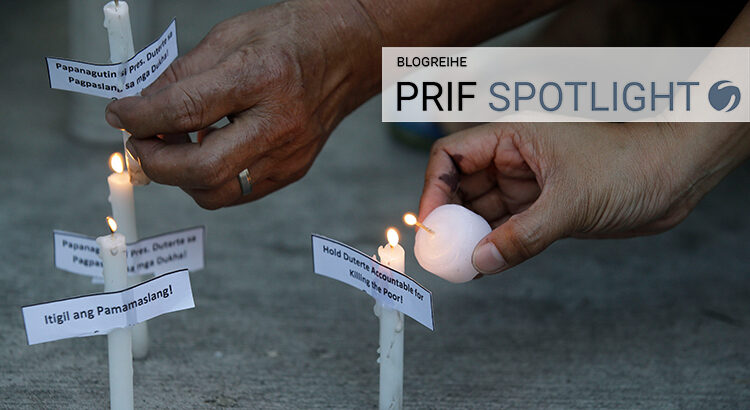
Impunity and Police Vigilantism – Is the highly excessive use of deadly force by the police in the Philippines now over?
Since June 30, Rodrigo Duterte’s presidency has been a thing of the past. This Spotlight asks why police forces in the Philippines were so willing to carry out the killing of drug personalities at Duterte’s behest in 2016 and what that may mean for the future. I argue that the inability to successfully bring suspects to justice and the resulting damage to the police’s self-image as a potent guardian of peace and order foster vigilante activities by police where a political and social environment exists that legitimizes such a strategy of violent crime control.
The Xinjiang Police Files and the Visit of the UN High Commissioner: Will This Open Up New Opportunities?
The treatment of the Uyghur population by the CCP has been an ongoing concern for the last 5 years. Over this time information has leaked from government and security sources which indicates that grave human rights violations and potentially even crimes against humanity have been committed. The UN High Commissioner has recently visited China and the Xinjiang region and in this context the newest significant trove of information was released, showing once more the human rights abuses. Yet it is unlikely that any multilateral action will be taken, outside of diplomatic efforts. As there are few avenues to address these human rights violations in international law, the more diplomatic approach that can be seen in the visit of the High Commissioner should be supported.
